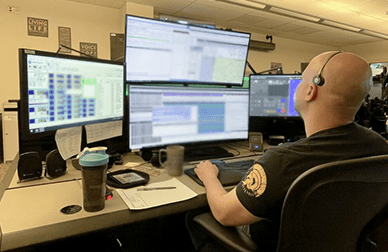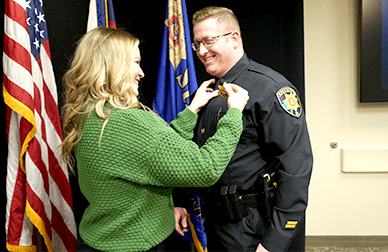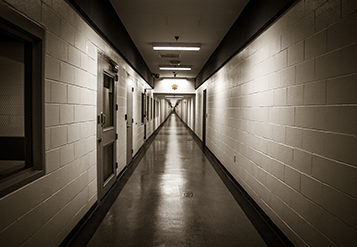Dating Violence
How To Report and Get Help
If you think you are in an abusive relationship, get help immediately. Don’t keep your concerns to yourself. Being a victim of dating violence is not your fault. Nothing you say, wear, or do gives anyone the right to hurt you. Talk to someone you trust like a parent, teacher, school counselor, or nurse.
Report It
- Call the Douglas County Sheriff’s Office by dialing 9-1-1 for emergencies or 303-660-7500 to make a report.
- Speak with your School Resource Officer who can also take a report.
- After reporting, you may ask to speak with a Victim Advocate who can assist you with a safety plan and resources for you or your family.
Get Help
- Call Victim Assistance or your local domestic violence shelter for resources and information – The Crisis Center at 303-688-8484
Dating violence is controlling, abusive, and aggressive behavior in an intimate relationship. It can include verbal, emotional, physical, sexual abuse, or a combination of all these. It can be boyfriends being abusive toward girlfriends and it can also be girlfriends being abusive toward boyfriends. It can happen in straight or gay relationships.
- Calling or texting you frequently to find out where you are, who you are with, and what you are doing
- Not letting you hang out with your friends
- Having to be with you all the time
- Telling you what to wear
- Calling you names
- Jealously
- Belittling you (Cutting you down)
- Threatening to hurt you, someone in your family, or themselves if you do not do what they want
- Hair pulling
- Hitting
- Intimidation (Blocking doorways so you can’t leave or throwing objects)
- Kicking
- Pinching
- Pushing
- Shoving
- Slapping
- Strangling
- Forcing you have sex
- Forcing you to do other sexual acts
- Not letting you use birth control
- Unwanted touching or kissing
People who are abusive in a dating relationship use excuses all the time to justify their hurtful behavior. People who hear them may start doubting whether or not their concerns about the relationship are valid, and they will put up with the abuse.
- “I was having a bad day”
- “Jealously is a normal part of any relationship”
- “I was drunk or high. Drugs made me do it”
- “I had a bad childhood”
- “I should be more important than your friends”
- “You got me upset or angry”
Warning Signs of an Abusive Person
- Apologizes for violent behavior and promises not to do it again
- Blames the other person for their feelings and actions – “You asked for it” or “You made me mad”
- Demands to know where someone is all the time
- Dismisses other people’s opinions and feelings
- Has a history of bad relationships
- Is jealous and possessive
- Makes all the decisions
- Puts constant pressure on someone
- Uses guilt trips, “If you really loved me, you would…”
- Wants to control a person’s friends and activities
- Will not take “NO” for an answer
Why It Can Be Hard to Leave an Unhealthy Relationship…
Belief you can change your partner – You may think you can try to change your partner if you try hard enough or put enough time and devotion into it.
Confusion – You may be confusing genuine love and controlling love, especially if you have grown up in an abusive and/or unsupportive family.
Denial – Trying to downplay or minimize abuse is a common reaction. Maybe you think “It could be worse,” but that still does not make abuse okay.
False Hopes – You may think the violence may stop, Abuse is a pattern of behavior and most times it continues to escalate.
Fear – You may be afraid of what would happen if you told the truth. Or you may fear being alone if the relationship ends.
Guilt – You may feel like the abuse is your fault, and your partner may blame you for it.
Love – You may sincerely love your dating partner even if you may hate some of their behaviors.
Low Self-Esteem – If you are a victim of emotional or verbal abuse, you may feel unlovable or unworthy of love. You may stay in an abusive relationship because you think you’ll never find someone better.
Peer Pressure – You may be afraid of what your friends might think if you were single.
Promises – Your partner may sugarcoat their words and promise the abuse won’t happen again.




